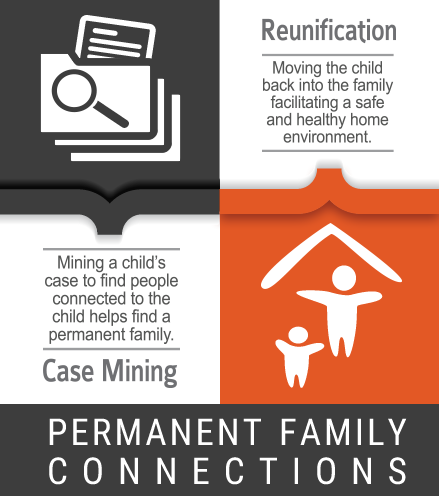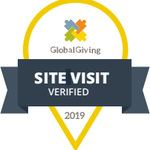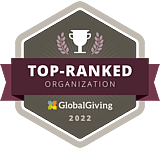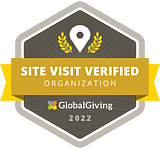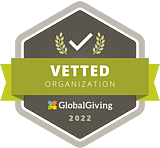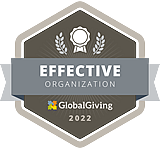CASE MINING AND REUNIFICATION
In Africa it is estimated that about 90 percent of children who are institutionalized actually have living parents. Consequently, the first two steps of Kidsave’s Family Visit model, Case Mining and Reunification, make the most sense to try first.
In 2015 Ebola severely impacted Sierra Leone, with much of the outbreak being in an area where Kidsave was working on placing children in families. Our attention shifted to children impacted by this tragedy, moving them from Ebola care centers and orphanages back into their families or extended family.
The Model
Kidsave’s approach to reunification starts by identifying children living in institutions that can, and will be supportive of the children moving back home.
Case mining is conducted by reviewing the children’s records and talking to the children to gather information about who the children remember and what relatives remain in their village.
Social workers are then dispatched to the children’s villages, often a couple of hours away through challenging terrain. Once in the village the social workers speak to the children’s kin and extended family to explore who might be willing to take the child in. Social workers assess the living situation and work with the family to understand what they might expect when the child comes to their home.
Children are then informed about the family’s desire to have the child move in and they are reunited, usually in a public ceremony where other children are re-engaging with their families as well.
Kidsave’s partner then engages social workers to visit the families and children on a regular basis to address any problems. They work to keep the placement stable.
Because poverty is such a huge issue in Sierra Leone, Kidsave supports a microloan program for the poorest families. Families use these loans to increase their household income. After a year on the Kidsave Microloan families are graduated to an agricultural lending program.
Kidsave’s Reunification Process
Orphanages identify Ebola orphans
- Social workers identify friends/relatives
- Child and “kin” reunited
- Social work volunteers follow up
- Neediest families able to participate in a microloan program
Why Does It Work?
Kidsave works in Sierra Leone to help children affected by Ebola who have lost their parents find families. The number of children without parents skyrocketed during the Ebola Crisis. Now Kidsave is working to help those children find families. While Ebola has slipped from the headlines, the needs of these Ebola orphans and the need to find them homes remain urgent!
While Kidsave’s programs in Sierra Leone are primarily designed to help orphaned children reunify with their biological family members or be matched with host families, Kidsave also launched a program where working families, especially moms, who have taken orphaned children into their homes, receive a business loan. The loan is to help their businesses grow so they can better care for their families.
As is the case in much of the developing world, women in Sierra Leone are the primary caregivers for children but most cannot afford to adopt another child. Many mothers run small businesses and off-farm activities to help support their families, but they could use extra help to boost their current economic situation. This is why we at Kidsave believe that an economic strengthening program in the form of a financial loan could benefit the mothers and by extension the children.
Kidsave Sierra Leone Program is certified by GlobalGiving to have successfully completed due diligence process and is in good standing.
While Kidsave’s reunification programs in Sierra Leone are primarily designed to help orphaned children reunify with their biological family members or with host families, Kidsave has also launched a program where working moms who have reunified with children, receive a business loan. The loan is to help their businesses grow so they can better care for their families.
As is the case in much of the developing world, women in Sierra Leone are the primary caregivers for children but most cannot afford to adopt another child. Many mothers run small businesses and off-farm activities to help support their families, but they could use extra help to boost their current economic situation. This is why we at Kidsave believe that an economic strengthening program in the form of a financial loan could benefit the mothers and by extension the children.


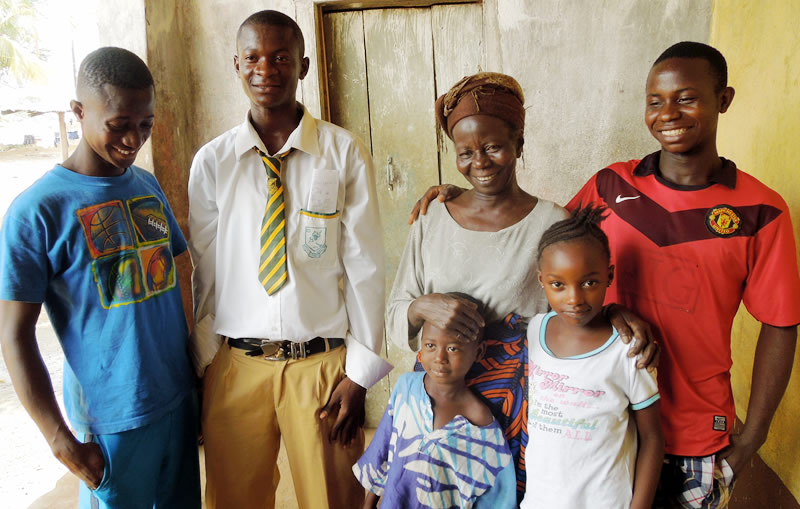
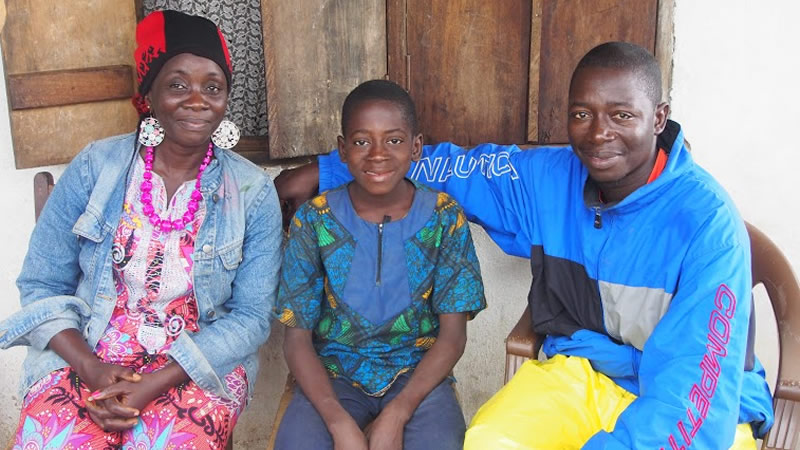
EVERY MOMENT COUNTS
For a consultation to learn more please contact:
Randi Thompson
CEO and President
100 Corporate Pointe, Suite 380
Culver City, CA 90230
Or use the form below.
CHANGE A LIFE
Your gifts of time and money can transform the life of a child.
100% of your money goes directly to helping kids.
Learn more about where your money goes here.

